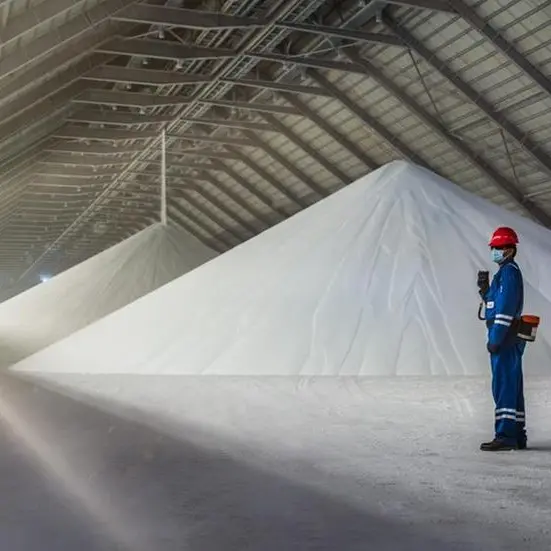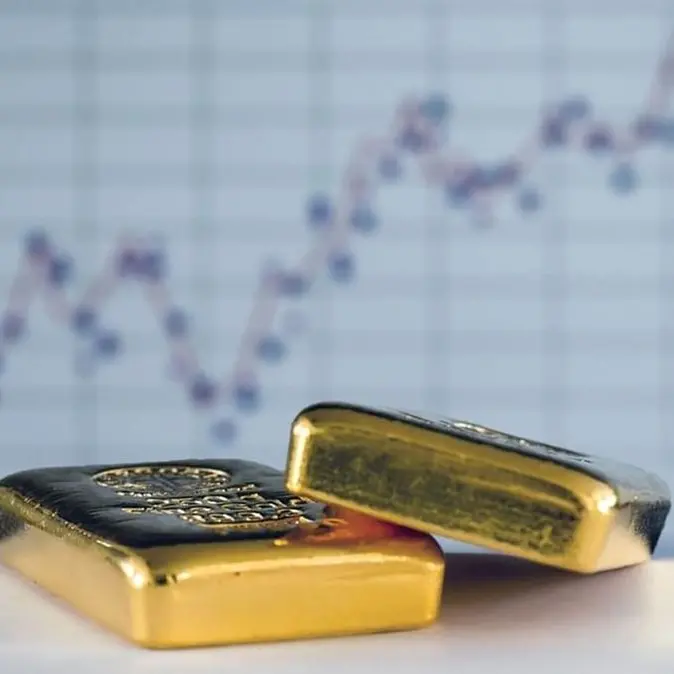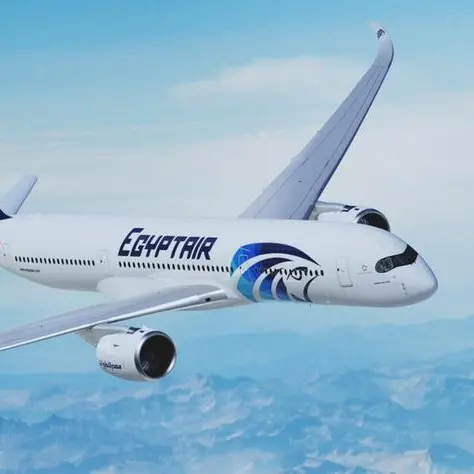06 April 2016
JEDDAH: The Tadawul index has dropped dramatically since mid-2015. This is attributed to an escalation in regional political upheaval and energy price reform. An overreaction by retail investors with short-term investment horizons also added to declines, according to economists. They also maintained that they did not see much upside for the stock market in the short term.
As developments unfolded, at the end of the first quarter of 2016, the Tadawul All-Share Index (TASI) closed at 6,223.13 points, declined by 2,555.76 points or 29.11 percent over the same period of the previous year.
Highest close level for the index during the period was 6,952.22 on Jan. 3, 2016, according to Tadawul's Q1 Statistical Report released on Sunday. Total equity market capitalization at the end of the first quarter 2016 reached SR1.44 trillion ($383.37 billion), decreasing by 24.29 percent over the close of the same period of the previous year.
The total value of shares traded for the first quarter 2016 reached SR368.34 billion ($98.22 billion), decreasing by 35.51 percent over the same period of the previous year.
The total number of shares traded reached 20.62 billion shares for the first quarter 2016 compared to 22.21 billion shares traded during the first quarter 2015, declined by 7.15 percent. The total number of transactions executed during the first quarter 2016 reached 8.82 million compared to 9.67 million trades during the first quarter 2015, decreased by 8.74 percent.
Fahad M. Alturki, chief economist and head of research at Jadwa Investment, said the Tadawul index has dropped dramatically since mid-2015, making it one of the worst performing equity markets among major global and regional indices.
"The TASI suffered due to an escalation in regional political upheaval and energy price reform, while an overreaction by retail investors with short-term investment horizons added to declines, Alturki said.
Commenting on Tadawul's first quarter report, James Reeve, deputy chief economist and assistant general manager, Samba Financial Group, told Arab News: "I don't see much upside for the stock market in the short term. Its price/earnings ratio is down to a more reasonable 14, but this is still higher than the MSCI Emerging Market average valuation (13)."
However, he said: "The earnings outlook remains depressed for this year anyway. That said, the market's main driver will remain oil prices, and we do expect these to edge up in the second half of theyear."
Overall, he added: "I would expect the Tadawul to remain flat or slightly down this year."
Reeve said: "The outlook for petrochemicals stocks is not very good. There is overcapacity globally, and East Asian demand is unlikely to increase substantially this year."
Meanwhile, the Tadawul index slipped 0.2 percent to 6,201 points but closed 45 points above its intra-day low on Tuesday. The main drag was the telecommunications sector, with Saudi Telecom Co. (STC) dropping 2.0 percent as it went ex-dividend. Albilad Capital said in a note that it expected STC's first quarter bottom line to rise 7 percent year-on-year, Reuters reported.
The petrochemical sector also pulled back, with Saudi Basic Industries Corp. (SABIC) down 1.0 percent. But Advanced Petrochemical, the first company to issue first quarter results in the Gulf, climbed 1.0 percent to SR40.40 after announcing a 62.9 percent jump in profit.
Riyadh-based NCB Capital, which is overweight on the stock with a price target of SR45.60, said in a note that Advanced had slightly beaten expectations.
Advanced also recommended a dividend per share of SR0.75 for the quarter, saying that "on an annualized basis, it represents a total for the year of SR3.00."
JEDDAH: The Tadawul index has dropped dramatically since mid-2015. This is attributed to an escalation in regional political upheaval and energy price reform. An overreaction by retail investors with short-term investment horizons also added to declines, according to economists. They also maintained that they did not see much upside for the stock market in the short term.
As developments unfolded, at the end of the first quarter of 2016, the Tadawul All-Share Index (TASI) closed at 6,223.13 points, declined by 2,555.76 points or 29.11 percent over the same period of the previous year.
Highest close level for the index during the period was 6,952.22 on Jan. 3, 2016, according to Tadawul's Q1 Statistical Report released on Sunday. Total equity market capitalization at the end of the first quarter 2016 reached SR1.44 trillion ($383.37 billion), decreasing by 24.29 percent over the close of the same period of the previous year.
The total value of shares traded for the first quarter 2016 reached SR368.34 billion ($98.22 billion), decreasing by 35.51 percent over the same period of the previous year.
The total number of shares traded reached 20.62 billion shares for the first quarter 2016 compared to 22.21 billion shares traded during the first quarter 2015, declined by 7.15 percent. The total number of transactions executed during the first quarter 2016 reached 8.82 million compared to 9.67 million trades during the first quarter 2015, decreased by 8.74 percent.
Fahad M. Alturki, chief economist and head of research at Jadwa Investment, said the Tadawul index has dropped dramatically since mid-2015, making it one of the worst performing equity markets among major global and regional indices.
"The TASI suffered due to an escalation in regional political upheaval and energy price reform, while an overreaction by retail investors with short-term investment horizons added to declines, Alturki said.
Commenting on Tadawul's first quarter report, James Reeve, deputy chief economist and assistant general manager, Samba Financial Group, told Arab News: "I don't see much upside for the stock market in the short term. Its price/earnings ratio is down to a more reasonable 14, but this is still higher than the MSCI Emerging Market average valuation (13)."
However, he said: "The earnings outlook remains depressed for this year anyway. That said, the market's main driver will remain oil prices, and we do expect these to edge up in the second half of theyear."
Overall, he added: "I would expect the Tadawul to remain flat or slightly down this year."
Reeve said: "The outlook for petrochemicals stocks is not very good. There is overcapacity globally, and East Asian demand is unlikely to increase substantially this year."
Meanwhile, the Tadawul index slipped 0.2 percent to 6,201 points but closed 45 points above its intra-day low on Tuesday. The main drag was the telecommunications sector, with Saudi Telecom Co. (STC) dropping 2.0 percent as it went ex-dividend. Albilad Capital said in a note that it expected STC's first quarter bottom line to rise 7 percent year-on-year, Reuters reported.
The petrochemical sector also pulled back, with Saudi Basic Industries Corp. (SABIC) down 1.0 percent. But Advanced Petrochemical, the first company to issue first quarter results in the Gulf, climbed 1.0 percent to SR40.40 after announcing a 62.9 percent jump in profit.
Riyadh-based NCB Capital, which is overweight on the stock with a price target of SR45.60, said in a note that Advanced had slightly beaten expectations.
Advanced also recommended a dividend per share of SR0.75 for the quarter, saying that "on an annualized basis, it represents a total for the year of SR3.00."
© Arab News 2016




















